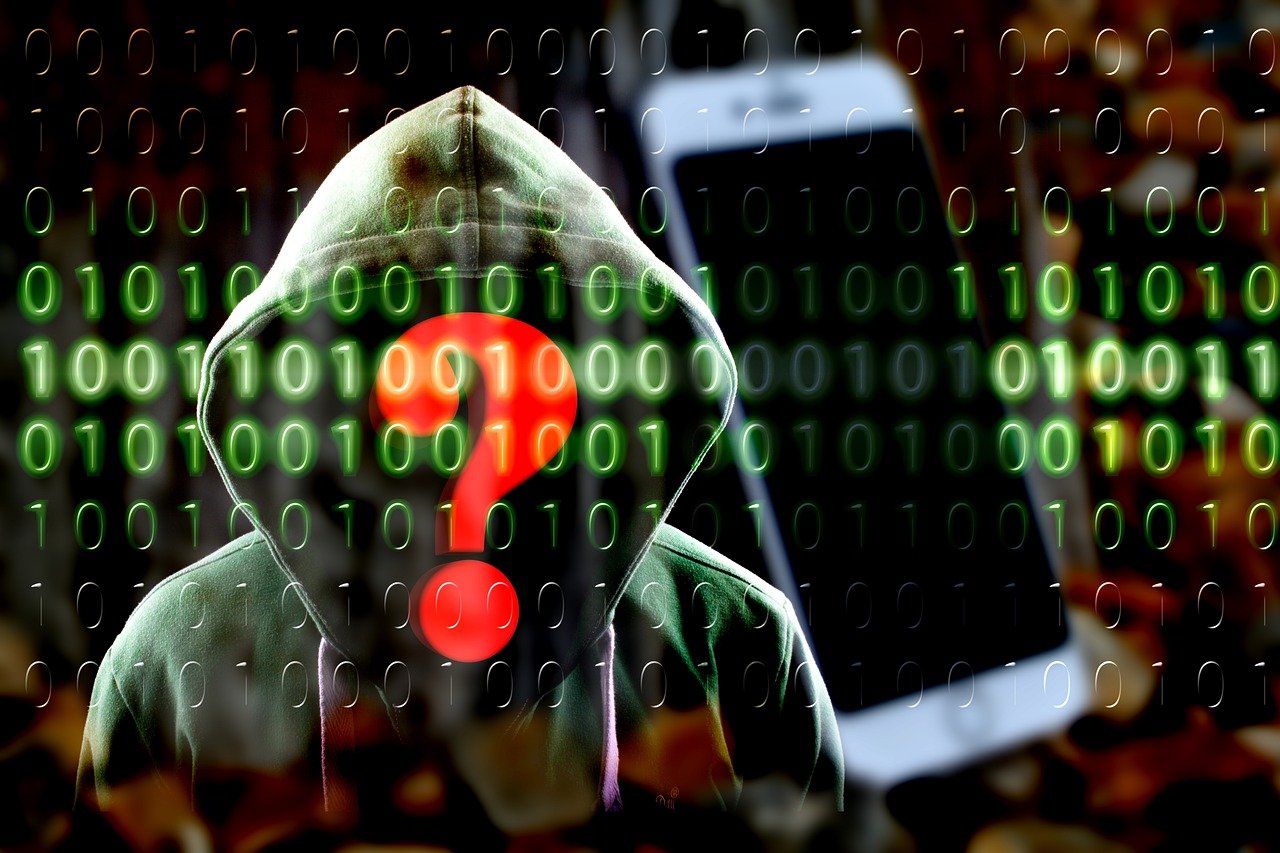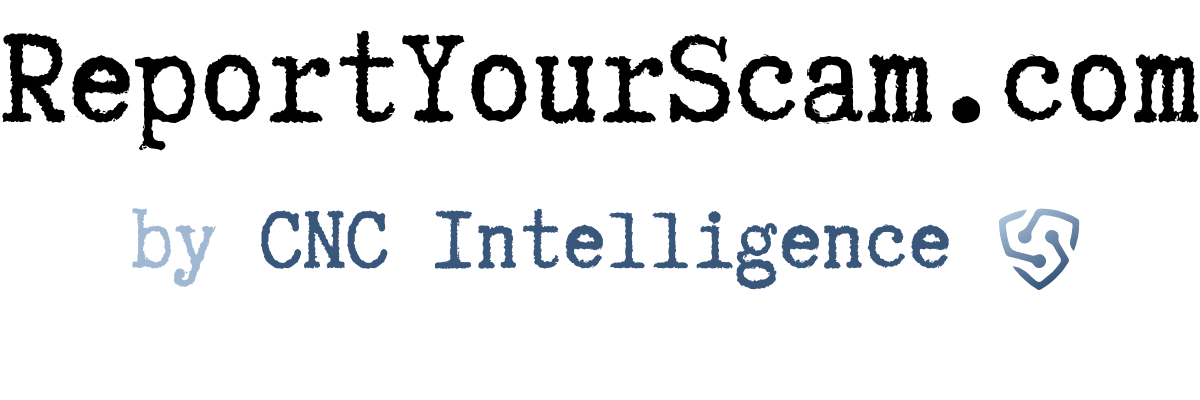Norton Lifelock, a company that markets itself as a leading provider of cybersecurity and identity theft protection services, claims to offer comprehensive security solutions. However, alarming reports and customer experiences have raised concerns about the legitimacy of Norton Lifelock’s subscription renewal email scam.
This article explores the alleged Norton Lifelock email scam, providing detailed insights into the deceptive practices involved. It also offers guidance on how individuals can identify and address potential fraudulent activities associated with Norton Lifelock.

What is Norton Lifelock?
Norton Lifelock is a company that specializes in providing cybersecurity and identity theft protection services. Formerly known as Norton Identity Protection and Lifelock, it has established itself as a prominent player in the field of personal online security.
The company offers a range of products and services to safeguard individuals’ digital lives. Norton Lifelock’s advertised services include defending against cyber threats, providing early warning alerts for potential identity theft, and monitoring personal information to mitigate risks.
How does Norton Lifelock Scam work?
The Norton LifeLock scam is a subscription renewal email scam that targets individuals by sending fraudulent notifications regarding renewing their antivirus system. Cybercriminals behind this scam pose as Norton LifeLock, a legitimate cybersecurity software company, attempting to deceive recipients and extract personal information.
The scam starts with the cybercriminals sending a well-crafted email that appears to be an official notification. They employ various tactics to make the email look legitimate, such as adding a fake custom ID, invoice number, and renewal date. Additionally, they use the official company’s logo and design to give the email an authentic appearance.
Within the email, scammers include a fabricated invoice and state that the recipient’s subscription will be renewed within 24 hours. Sometimes, they may even claim that the subscription has already been renewed and the recipient’s account has been debited.
To create a sense of urgency and prompt immediate action, the scammers instruct the target to contact their billing department by calling a provided phone number. The email suggests that contacting the billing department is necessary to cancel the subscription or obtain a refund for the allegedly charged amount, even though no actual charge was made.
Once the unsuspecting victim calls the provided number, they are connected to the scammers who pretend to be Norton LifeLock representatives. At this point, the scam can take various forms, depending on the tactics employed by the fraudsters.
In some instances, the scammers may attempt to extract personal information, such as credit card details, bank account information, or social security numbers, under the guise of processing the refund or cancellation. This information can then be used for identity theft or fraudulent activities.
In other cases, the scammers may try to convince the victim to install remote access software on their computer, claiming it is necessary to process the refund or cancellation. By gaining remote access, the fraudsters can potentially install malware or gain unauthorized access to the victim’s sensitive information.
How to Spot Them
Recognizing the signs of a potential Norton Lifelock scam is crucial in protecting oneself from falling victim to deceptive practices. Here are some metrics to look out for:
- Unsolicited Communications: Be cautious of unsolicited phone calls, emails, or pop-up ads claiming to be from Norton Lifelock. Legitimate companies typically do not reach out to customers without prior consent or engagement.
- Pressure Tactics: Scammers often employ high-pressure tactics, creating a sense of urgency to prompt immediate action. They may claim that immediate steps are necessary to protect your identity or offer limited-time deals to coerce individuals into providing personal information.
- Requests for Sensitive Information: It is important to remember that Norton Lifelock or any reputable company will never ask for sensitive information, such as Social Security numbers, credit card details, or passwords, via unsolicited communication. Exercise extreme caution when asked to provide such information.
- Poor Grammar and Spelling: Pay attention to the quality of communication received. Scammers often make grammar, spelling, or formatting mistakes, which legitimate companies are less likely to do.
- Suspicious URLs or Email Addresses: Verify the authenticity of links or email addresses by carefully examining them. Scammers may use slightly altered URLs or email addresses that resemble the official Norton Lifelock domain but, upon closer inspection, reveal discrepancies.
How to protect yourself?
To protect yourself from scams like the Norton LifeLock scam, follow these simple steps:
- Be cautious of unexpected messages or calls, especially if they involve money or personal information.
- Verify the source by directly contacting the official contact information instead of relying on provided links or numbers.
- Never share personal or financial information in response to unsolicited requests.
- Use secure websites with “https://” and a padlock symbol when entering sensitive information online.
- Install reputable security software and keep it updated.
- Stay informed about common scams and phishing techniques to recognize potential threats.
- Trust your instincts and be wary of anything that seems suspicious or too good to be true.
- Report scams to the appropriate authorities to protect others and aid in the investigation
Complaints We Received
On September 21, 2023, we received the following complaint:
The example below is one of many I received describing an upcoming payment to Lifelock. I haven’t and won’t provide my real phone number, as I can’t trust anyone these days. However, the email is valid. The message was addressed to my Lifelock user email address, which differs from this one. I’m aware it’s a scam.
Email subject title
Your Ticket QTNI-52-MFEN has been delivered
Body of Scam letter
Billing Date- Friday, 22 September 2023
Billing No- #9310-355-8422
Thank you for chosing with us!
Dear , LifeLock Premium Protection Will Renew and $275.1 is about to Debit from your account within 24 hours for next 1 year.
if you want to continue the service then ignore this email and if you want to cancel, please feel free to call our support team for any enquiry.
For any assistance, Call our Customer Service: 971 318 0005
ARRIVING DESCRIPTION
Product- Wifi Protection
Client-
Email-
Quantity- 01
Tenure- 1 Year
Payment Method- Direct Debit
Renewal Amount- $275.1
TERMS & CONDITION
The payment is due! You are receiving this because you are enrolled with LifeLock Premium Protection and your subscription has Auto Renewed. However,
If you don’t wish to continue with the service of want a Refund of this amount kindly contact our Billing Support Number- 971 318 0005
All right reserved.
150 Portal St Oak View Ca 93022 United States
Bottom Line
The bottom line is that the Norton Lifelock scam is a deceptive scheme where cybercriminals send fake emails pretending to be from Norton Lifelock to trick victims into providing personal information or making payments. If you suspect a scam, report it to the authorities and take immediate action to secure your accounts and identity.
Remember, staying informed and maintaining a healthy skepticism can go a long way in safeguarding yourself from scams.


